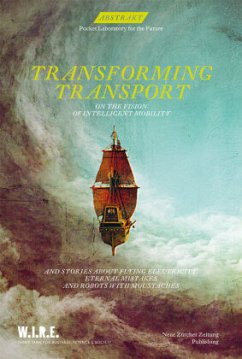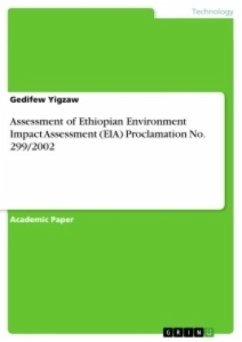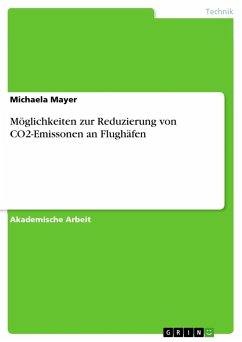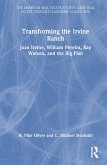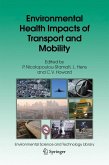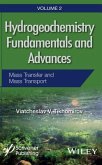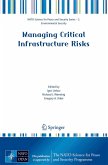We live in the age of mobility. Being on the go is part of the way we perceive ourselves in modern life, and a basic condition for human evolution. However, the mounting volume of traffic is reaching limits: transport systems in urban areas are congested, climate-related risks and the pressure on hypermobile humans are increasing. Technological progress now promises a transition to a new era of intelligent mobility, characterised by clean drive technologies and autonomous vehicles that herald more efficiency, safety and time. But more efficiency will lead to more mobility, which will make even more demands on our living environment instead of easing the strain. And some in-depth exploration is needed of the hype surrounding the mobility revolution, self-driving cars and electric mobility. The fact is that the future of mobility comprises far more than innovation in our vehicles. It will affect the way we live and how we communicate, and will ultimately change our economic system and the whole of society.What, then, would a truly intelligent vision of mobility look like? Where are more efficiency and new transport technologies needed? Where should we challenge our basic understanding of mobility and declare immobility to be the real luxury? And what does that mean to the goals of innovation and the development of existing and new markets?Abstrakt N°15 goes in search of answers and ideas about the mobility of the future. In addition to contributions from Richard Branson, Bjarke Ingels, Kim Stanley Robinson and other thought leaders and different thinkers, this handbook presents its own hypotheses, visions and ideas on the transformation of the transport system.

